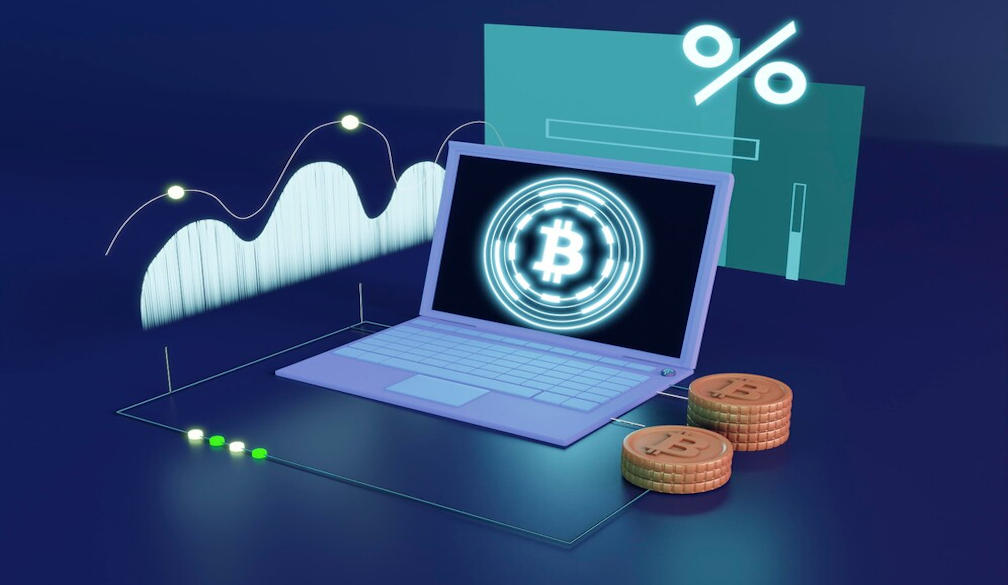Integrating DeFi Services into Crypto Wallet Offerings
- Written by Daily Bulletin

The emergence and rapid growth of Decentralized Finance (DeFi) have significantly transformed the landscape of cryptocurrency and blockchain technology. This innovative financial ecosystem has opened diverse avenues for crypto wallet companies and businesses engaged in cryptocurrency transactions. Through seamless integration of DeFi services, digital wallets can elevate their offerings, giving users access to decentralized lending, borrowing, trading, and yield farming. This integration enhances the utility and appeal of digital wallets. It enables them to cater to a broader and more diverse user base, fostering greater adoption of cryptocurrency and DeFi solutions.
Understanding DeFi and Its Benefits
DeFi encompasses various financial applications built on blockchain technology, including lending, borrowing, trading, and yield farming. Unlike traditional finance, DeFi operates without intermediaries, allowing users to control their funds while engaging in diverse financial activities. Integrating these services into crypto wallets can provide users with several benefits:
- Enhanced User Experience
Wristlets can simplify the user journey by offering a one-stop solution for managing assets and accessing DeFi services. Users can trade, stake, or lend assets directly from their wallets without navigating multiple platforms.
- Increased Accessibility
Many users still need to become more familiar with DeFi and its intricacies. By integrating these services into wallets, providers can offer educational resources and intuitive interfaces that make DeFi more accessible to a broader audience.
- Higher Engagement
With integrated DeFi services, wallets can encourage users to explore and utilize various financial products, increasing engagement and retention. Features like notifications for yield opportunities or automated trading can keep users actively involved.
Some potential DeFi integrations include:
- Staking Services
Allowing users to stake their assets within the wallet can provide passive income opportunities, enhancing usability and engagement.
- Access to Decentralized Exchanges (DEX)
Integrating DEX functionality enables users to trade assets directly within the wallet, increasing utility.
- Lending and Borrowing Platforms
Wallets can facilitate lending and borrowing options, providing users various financial services without intermediaries.
- Yield Farming Interfaces
Enabling users to participate in yield farming can attract those interested in maximizing their returns on crypto investments.
By embracing DeFi, wallet providers increase their offerings and position themselves as pioneers in the rapidly evolving financial landscape. Furthermore, integrating these services can significantly enhance user experience by providing a seamless interface that allows users to manage their assets more effectively. For instance, a wallet that combines staking and yield farming can offer users tailored strategies based on their risk tolerance and investment goals, thereby fostering a more personalized financial journey.
Key DeFi Services for Wallet Integration
Several DeFi services can be integrated into crypto wallets to enhance functionality:
- Decentralized Exchanges (DEXs): Allowing users to trade cryptocurrencies directly from their wallets through DEXs can streamline the trading process. Wallets can offer features such as price alerts, liquidity pools, and swapping functionalities.
- Lending and Borrowing Protocols: By enabling users to lend their assets for interest or borrow against their crypto holdings, wallets can tap into a lucrative segment of the DeFi market. Integration with platforms like Aave or Compound can facilitate these transactions seamlessly.
- Staking Services: Allowing users to stake their tokens directly from their wallets can enhance engagement and incentivize long-term holding. Wallets can offer analytics on staking rewards and performance.
- Yield Farming Aggregators: Integrating yield farming services allows users to maximize their returns on crypto assets. Wallets can provide real-time data on yield opportunities and automate switching between pools to optimize yields.
- Smart Contract Audits: To mitigate risks associated with vulnerabilities, ensure that all integrated DeFi protocols undergo thorough smart contract audits.
Conclusion
The rise of Decentralized Finance (DeFi) presents opportunities for payment solutions providers to enhance their value propositions and attract a wider audience by integrating DeFi services. This integration can provide enhanced user experience, increased accessibility, and higher engagement. Potential DeFi integrations include staking services, access to decentralized exchanges (DEX), lending and borrowing platforms, and yield farming interfaces. By embracing DeFi, wallet providers can position themselves as pioneers in the financial landscape and significantly enhance user experience. Security considerations are crucial, and wallet providers must implement robust security measures when integrating DeFi services to protect user funds and data.





